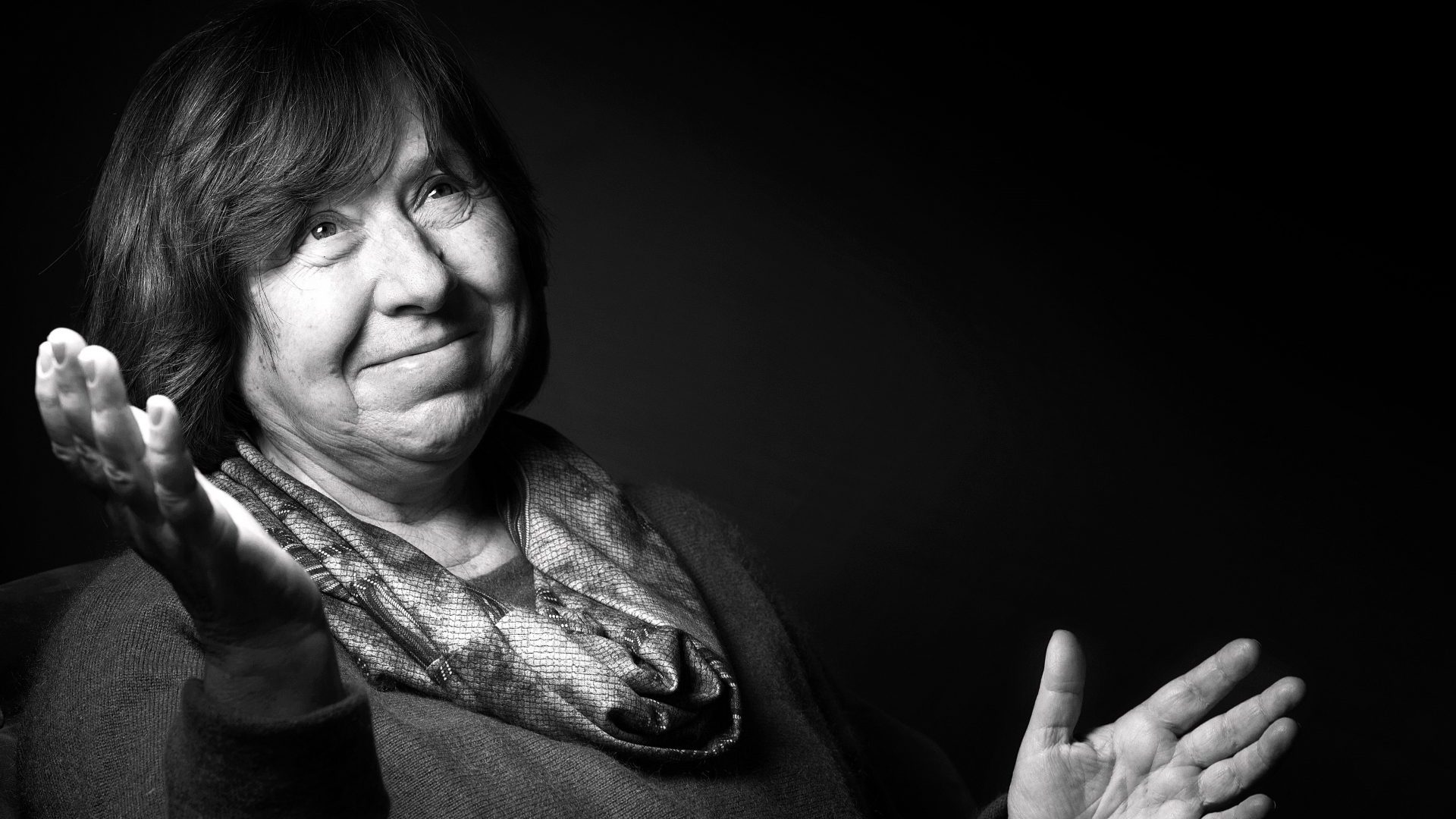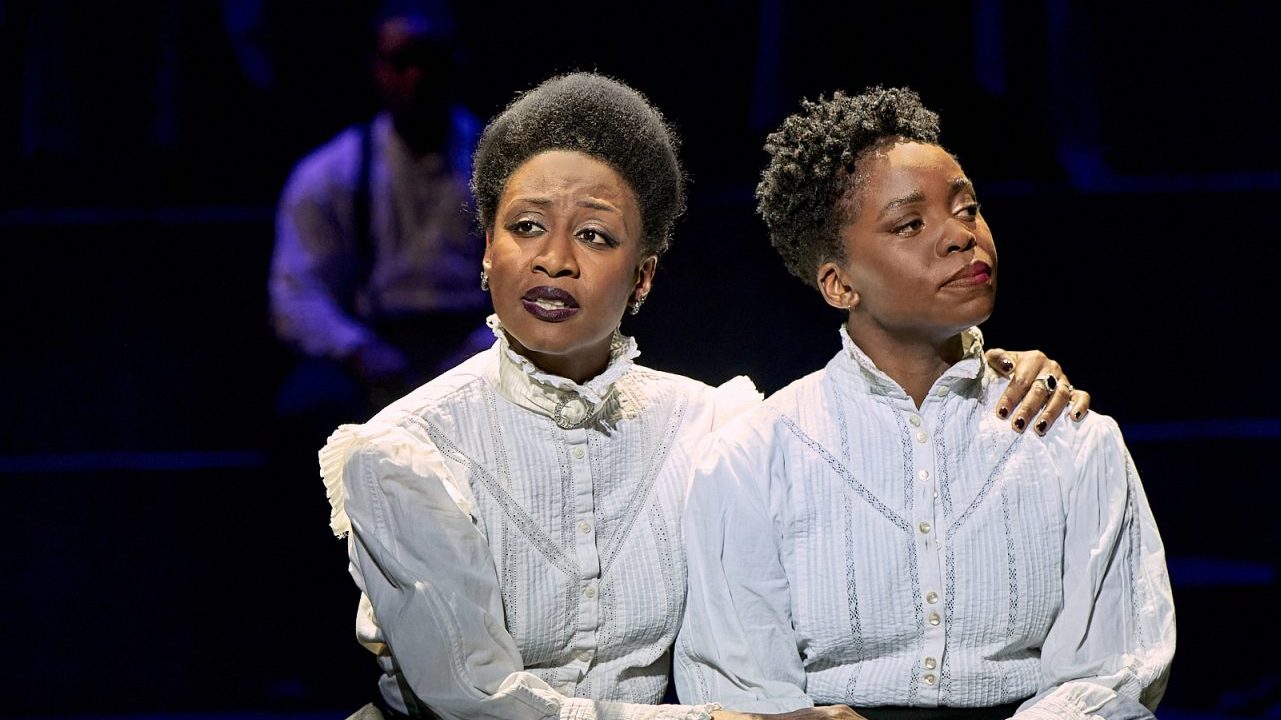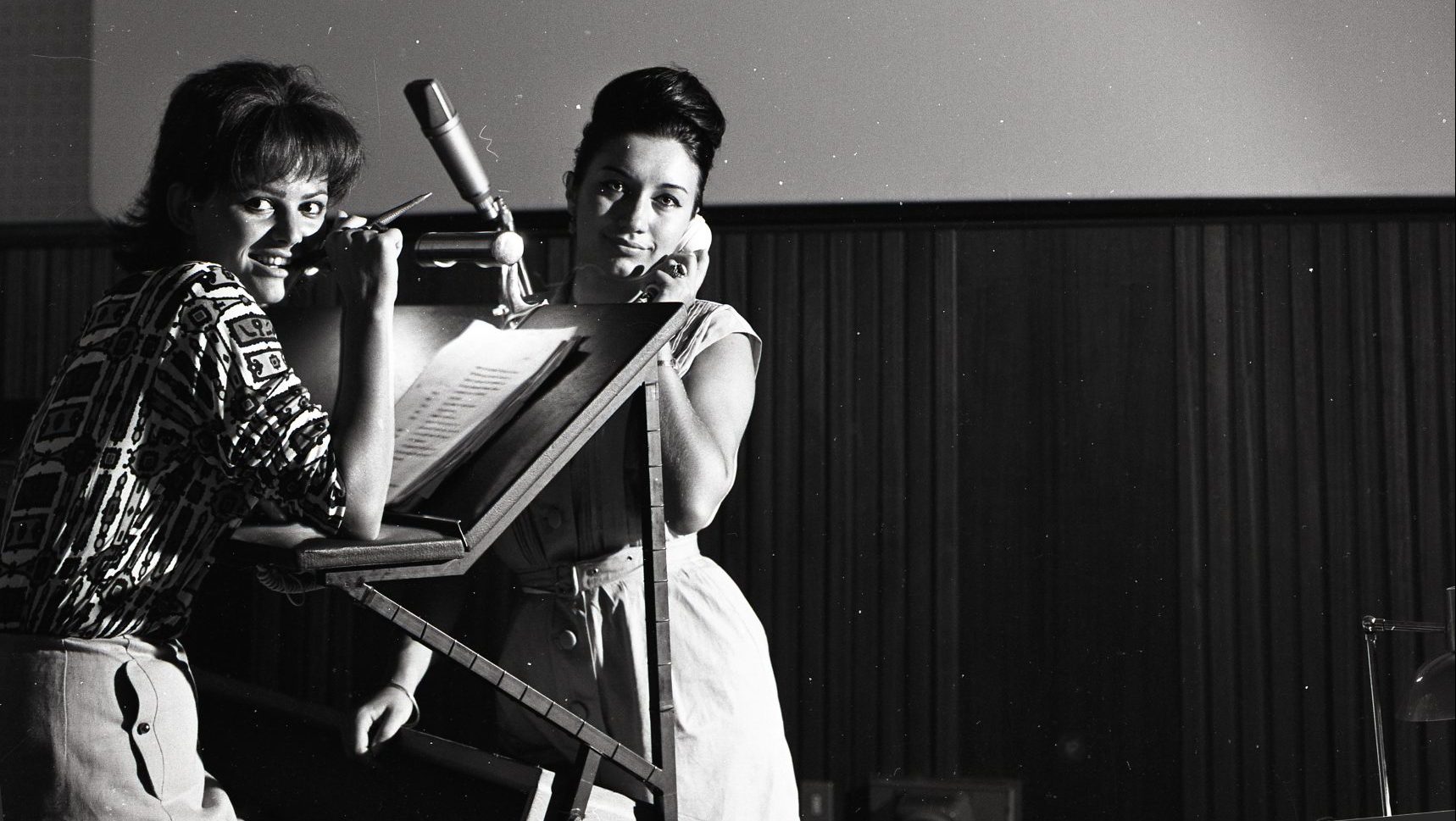There must be days when Svetlana Alexievich wishes history would just leave her alone.
The 74-year-old Nobel laureate has earned a formidable reputation thanks to the string of books she’s produced giving voice to people who lived through some of the darkest times of the Soviet and post-Soviet worlds. From Russian women’s participation in the second world war to the Chernobyl disaster, Alexievich has always been able to coax people into unburdening themselves into her tape recorder with a level of candour that can surprise the interviewees themselves.
Alexievich calls herself a “historian of the soul”, a writer interested far less in the political aspects of an event than in the people involved, drawing out often deeply internalised memories with compassion and sensitivity and presenting them in the first person with minimal authorial comment. This direct approach with little or no analysis evokes in the reader a different kind of response to news coverage or more traditional histories.
“A street for me is a choir, a symphony,” she said in 2013. “What a shame that so much is said, whispered, screamed into darkness. It shines for one instant and is gone and today it disappears especially quickly.”
Alexievich chooses topics to which she has some kind of personal connection. Born in Ukraine shortly after the end of the second world war
to a Ukrainian mother and a father from Belarus, she grew up in a Belarusian village almost completely devoid of its menfolk who had gone off
to war and, almost without exception, not come home. She worked as a journalist in Minsk where she became attuned to the undercurrent of tragedy and grief ever-present in Soviet life, most notably how the war and its almost unimaginable death toll was parlayed into a mythical monolith of
sacrificial patriotism that drowned out any hope of confronting unprecedented trauma.
Living in Belarus, Alexievich was uncomfortably close to the fallout from the Chernobyl nuclear reactor after the 1986 disaster, and then came the collapse of the Soviet Union which, while it brought a putative freedom from state oppression, brought out the worst aspects of unbridled profiteering and gangsterism in a society ill-equipped to stop it.
She watched her own country buckle under the increasingly repressive Lukashenko regime, to the extent that in 2020 her vocal criticism forced her out of her beloved Minsk apartment to Berlin, from where a year ago this week she watched as Putin’s forces rolled into the country of her birth.
History may have something against Svetlana Alexievich, but that doesn’t stop her searching out people and their stories to create testament from testimony, ensuring that quiet voices are not just heard, they are amplified.
“I truly love Russia and grew up within its culture,” she said last year. “I absolutely could not believe that a war would begin.”
For Alexievich, the Ukraine invasion marks the very end of the period of optimism that emerged following the fall of the Berlin Wall.
“In the 1990s, we were so full of hope,” she said last year. “We thought we would have a new life, a new world. Fukuyama spoke of the end of history, and now we have the old evil again: fascism.
“I believe it was television that turned Russians into beasts. Putin has been preparing for war over the past few years. Television depicted Ukraine as the enemy and worked in various ways to turn the people into beasts that hated Ukraine.”
War has been a constant presence in her life. Her grandfather was killed fighting in the second world war while her father was the only one of three brothers to return from the conflict. The killing wasn’t confined to the fighting, either.
“The Germans burned alive 11 relatives with their children, some in their cottages, some in a village church.”
It was stories like these that led to her first book, translated into English as The Unwomanly Face of War. Soviet commemoration of the war was almost exclusively focused on the masculine when the stories Alexievich was hearing were feminine. The experiences of an entire gender – a million Soviet women participated in the war in some capacity – had been overlooked, despite matching the bravery, fear, trauma and grief of their male counterparts.
“Women’s war has its own colours, its own smells, its own lighting and its
own range of feelings,” Alexievich wrote. “Why, having stood up for and
held their own place in a once absolutely male world, have women
not stood up for their own history?”
The book’s genesis was in a brief story from a Belarusian newspaper during the mid-1970s marking the retirement of an accountant at a Minsk car factory, which mentioned almost in passing how she’d been a sniper during the war with 75 kills to her name. Immediately Alexievich set out to find her, took down her story and began assembling the stories of women like her. Almost a thousand of them, in fact, of whom around 300 made it into the book – women who played their part then went home and attempted to live normal lives again, their participation in the conflict almost an embarrassment to a nation propagating a wartime narrative of heroic virility.
Snipers told of their kills, nurses recalled badly wounded soldiers begging to be put out of their misery, one woman soldier recalling a colleague drowning her newborn baby in a shell hole in case a nearby German patrol heard its cries. Many described their fear at the front being so acute they came home with their hair turned pure white. The testimonies were often unfathomably bleak, but Alexievich combined them into a work of compassion and narrative power.
When she submitted The Unwomanly Face of War for publication in 1983 it was immediately suppressed by the Soviet authorities. Two years later a heavily censored version was published under Mikhail Gorbachev’s glasnost policy but it would take until 1991 for the full version to appear and until 2017, two years after she received the Nobel prize, for an unabridged English translation.
Since The Unwomanly Face of War, books by Alexievich translated into English have covered children’s experiences and recollections of the second world war (Last Witnesses), Chernobyl Prayer documenting the lives of people affected by the disaster (the main source text for the HBO dramatisation Chernobyl) and Second Hand Time, people’s accounts of the dissolution of the Soviet Union and what followed.
Not surprisingly her work has seen her fall foul of the Russian administration – on the day her 2015 Nobel prize win was announced, the
Kremlin press office tweeted “Svetlana Alexievich won the Nobel prize. Unfortunately, for hating Russia” – but doubtless she is already planning a book chronicling the experiences of those caught up in the Ukrainian conflict. Being persona non grata in Russia and Belarus might make the logistics tricky, but then, one could argue she has written that book already.
Alexievich’s curated account of soldiers’ memories of the 1979 Russian invasion of Afghanistan and subsequent occupation is published in English as Boys in Zinc, a reference to the zinc-lined coffins in which Russian casualties were transported home (and a vast improvement on the original English edition’s title Zinky Boys). Reading it now, a year into the Ukraine conflict, gives us a frightening insight into the current Russian incursion into another nation’s sovereign territory.
Like the conscripts of today, the Soviet soldiers marching into Afghanistan were convinced they were liberators, that the Afghan people would welcome them like brothers. Instead they found a country and people quite different
from what they’d been led to expect. They found a grubby, bloody war in the dust from which those lucky enough to survive returned not as national heroes but national embarrassments.
“We believed we were there to defend the motherland and our way of life,” one veteran told Alexievich, “yet back home, what do I find? A friend can’t lend me a fiver because his wife wouldn’t like it. What kind of friend is that? I soon realised we were surplus to requirements.”
Around 15,000 Russian soldiers died in the Soviet Union’s disastrous decade-long Afghan campaign. According to some estimates, up to 65,000 Russians have been killed in Ukraine in barely a year. The boys in zinc are now the boys in Luhansk, Alexievich’s book a foretelling of what’s to come for the survivors only on a much, much larger scale.
Many have debated why Alexievich’s work has been so successful. Some have even questioned her literary merit. None have pinpointed what lies at the core of her work: she listens. In a world where everyone is trying to speak over everyone else, in which opinion trumps everything, Svetlana Alexievich just sits down and listens. For some of her interviewees, her quiet empathy allows them to talk of things long suppressed, stories that have become internalised, hollowing out a void of crushing loneliness at the core of their beings.
“I would say we are living in an age of loneliness,” she writes. “Every one
of us is very lonely. We must find something in culture and the arts that
we can rely on in order to not lose our humanity.”




